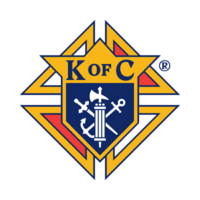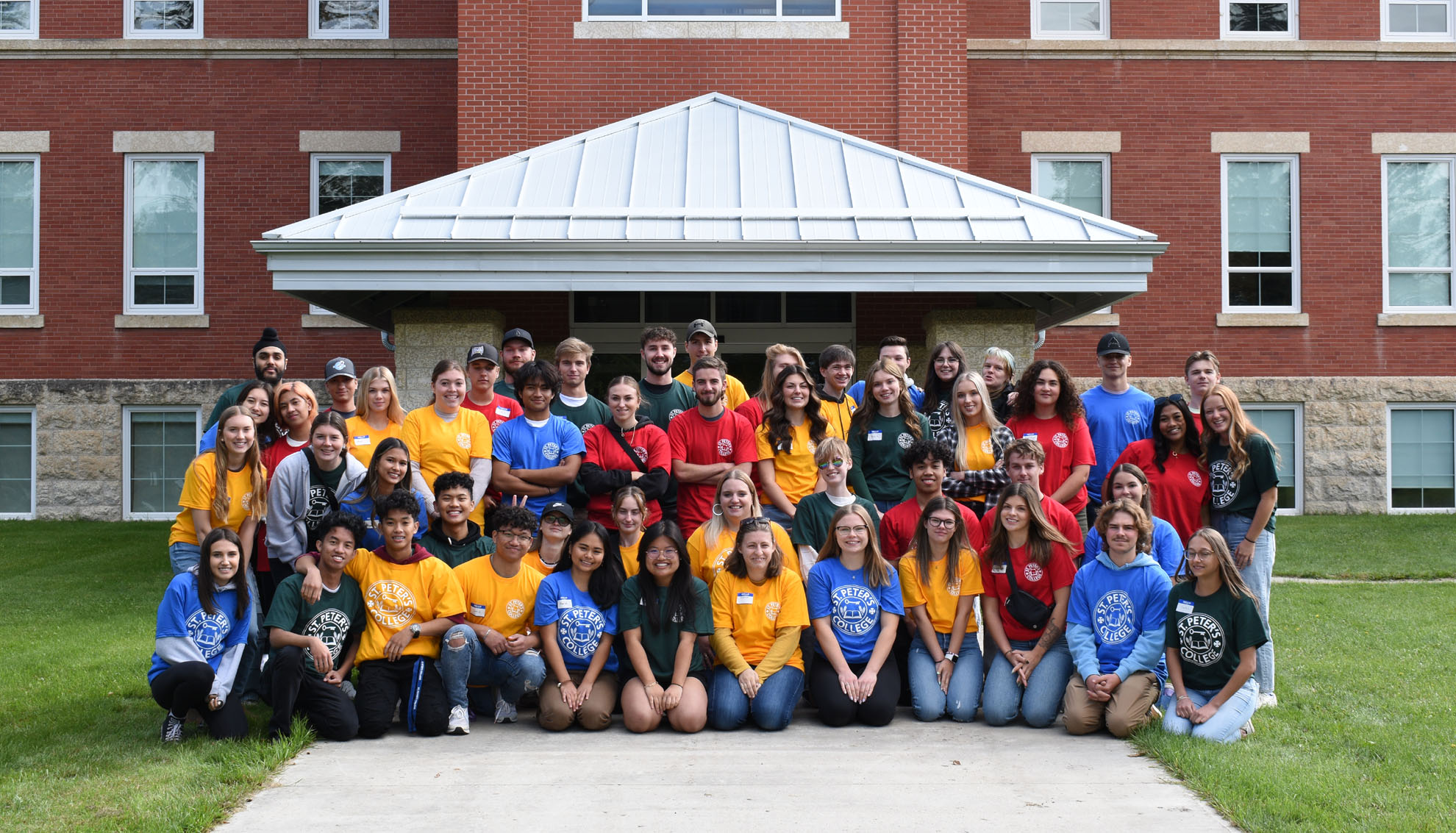Environmental Science
About This Program
The Bachelor of Science in Agriculture Environmental Science degree explores the relationships between environmental constraints and sustainable development. An emphasis is placed on the challenges faced in Canada, including the impact of climate change, agriculture, forestry, and oil and gas exploration on the environment.
Upon completion of the first year, many St. Peter’s College students move to the U of S main campus to continue their studies. In some instances, students can complete the second year of studies with St. Peter’s College. St. Peter’s students must meet the same promotion standards as U of S students in order to move into the second year of study. Please contact Student Services for more information on promotion standards. Further information on this program can be found directly on the University of Saskatchewan’s website.
What you will Learn
Environmental science looks at ongoing and emerging environmental issues such as:
- biological remediation agents,
- disposal of toxic chemicals,
- ground water contamination,
- overgrazing,
- ozone depletion,
- pesticides,
- preservation of wetlands and other natural habitats,
- production of greenhouse gases and
- the production of genetically engineered plants, animals and microorganisms
First Year Classes
| Term 1 | Term 2 |
|---|---|
|
|
Tuition Estimates
| Canadian | International | |
| Tuition | $7,478 | $27,142 |
| Fees | $300 | $300 |
| Books | $1,000 – $1,500 | $1,000 – $1,500 |
| Total | $8,778 – $9,278 | $28,442 – $28,942 |
Tuition will vary depending on the type and number of classes you take in a year. This estimate reflects a typical amount you could expect to pay in your first year if you enroll in a full course load, the maximum number of courses allowed.
Fees are used to fund specific student benefits.
The cost of books and supplies varies widely depending on the courses you choose. It is recommended that you budget between $1,000-$2,000 per year.
*BASED ON THE RATES DISPLAYED ON OUR TUITION PAGE
Careers
4 Year Degree
A growing demand for scientists and professionals equipped to deal with agricultural and environmental issues means a wide variety of career choices for graduates specializing in environmental science or soil science.
- environmental consultants
- land reclamation specialists
- surveyors
- forestors
- agricultural producers
- land appraisers
- hazardous and non-hazardous waste specialists
- ecologists, technicians
- chemical, fertilizer sales
- agronomists
Opportunities abound in the private and public sectors, in Canada and abroad. Many graduates also find fulfilling careers in international development work.
Graduates of our programs will not only leave with excellent industry-endorsed scientific training, but also with a foundation of marketable career skills.
As well, the College’s strong ties with industry and reputation for producing well-rounded, quality graduates means that many businesses turn here first when recruiting employees.
2 Year Diploma
A Diploma in Agronomy gives you the skills to
- start up your own business
- to lead the family business
- research technicians
- soil conservationists
- credit adviser
- agribusiness operators or managers
- sales representatives
- machinery service representatives
In addition, Diploma graduates are eligible for professional designation as Technical Agrologist with the Saskatchewan Institute of Agrologists.
As agricultural enterprise grows more diverse, technologically advanced and consumer-driven, the industry needs a growing number and variety of qualified workers. The wide-ranging subject matter of agronomy will prepare students for a career in nearly any sector of the industry.
Admission Requirements and Deadlines
Deadlines
St. Peter’s College Deadline:
Students already accepted into their program at the University of Saskatchewan may begin classes at St. Peter’s College anytime before the deadline for registration changes (mid-September and mid-January)
University of Saskatchewan Deadline:
The full list of deadlines for each college at the University of Saskatchewan can be found at the programs specific requirements and deadlines page on their website.
Required High School Classes
- Biology 30
- Chemistry 30
- Foundations of Mathematics 30 or Pre-Calculus 30
Students can be admitted into this college with one subject deficiency that must be cleared before the second year of study.
The high school classes that are required for admission purposes are not always the same as classes you will need to complete the degree program you choose. For example, if you want to minor in chemistry, you will need high school chemistry to take your first-year university classes.
Required Grade Average
Applications are considered up until the deadline. Admission is offered on an ongoing basis until all seats are filled. Applicants who do not meet the admission average but otherwise qualify for admission may be placed on a waitlist.
At the discretion of the college, applicants who had been placed on a waitlist may be offered admission based on their place in the waitlist (determined by admission average).
Minimum admission average: 70%
Learn how we calculate your admission average. If you do not meet the minimum admission average, you may be considered for the Transition Program or for special (mature) admission.
English Proficiency
If your first language in not English, you may have to prove proficiency in English before admission. It is expected that applicants interested in this program are fluent in English.
Ready to apply?
Students must apply and be accepted to the University of Saskatchewan and St. Peter's College. The University of Saskatchewan requires a non-refundable application fee of $90 CDN before your application will be processed. St. Peter's College will process your application at no charge.
Search
Related Programs













